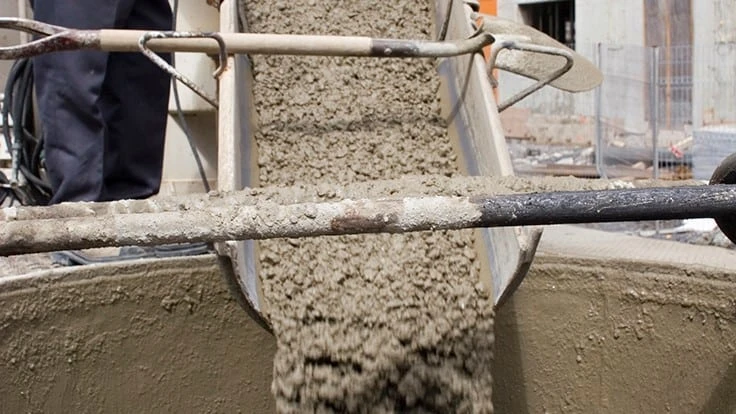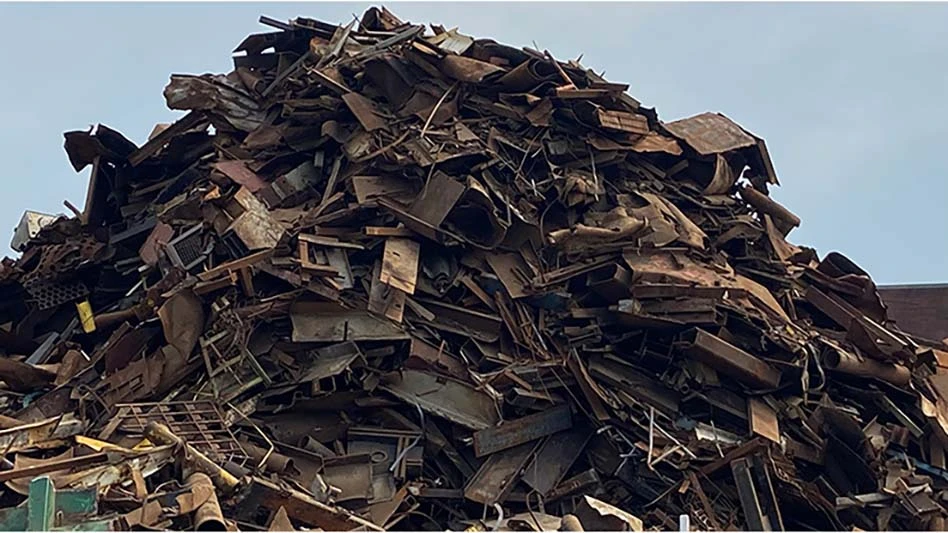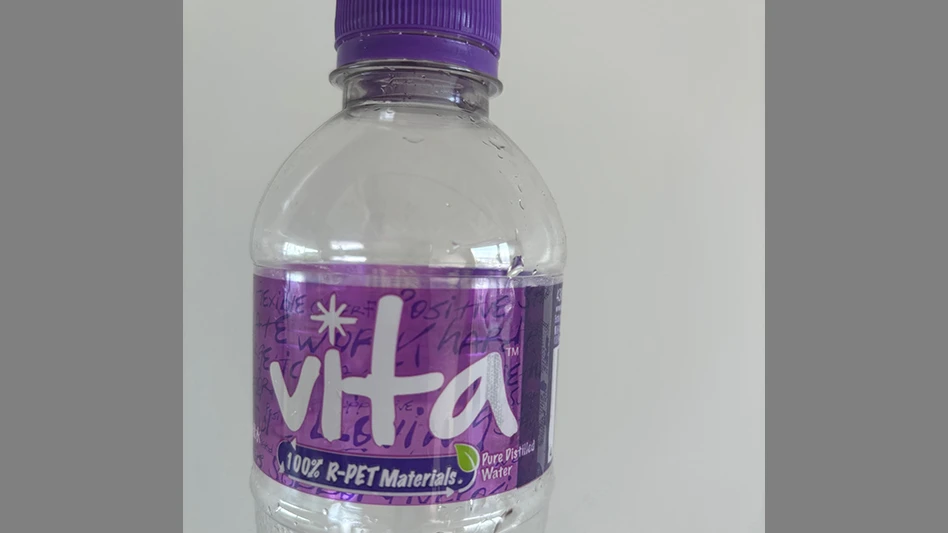
Photo provided by iStock.
An infrastructure bill has gained bipartisan support when passing the United States Senate this week. The proposed measure could result in $1 trillion in spending on highways and bridges, freight rail, power and telecom grids and water and sewer projects. It also includes funding intended to support waste and recycling resiliency. The spending total falls short of President Biden’s earlier requests and leaves out suggested corporate tax increases from the administration.
The Senate voted 69-30 in favor of a bill that will now go to the House of Representatives for approval on proposed spending in several metals- and concrete-intensive sectors, according to a summary posted online, including $110 billion on highways and bridges; $66 billion on passenger and freight rail; $65 billion on the power grid; $65 billion on broadband internet development; $54 billion on drinking water pipes and systems; and $7.5 billion on electric vehicle (EV) charging capacity.
The bill includes $75 million for the RECYCLE Act, which authorizes a new $15 million-per-year grant program through the Environmental Protection Agency (EPA) to help educate households and consumers about community recycling programs with the goal of decreasing contamination. It also helps support recycling infrastructure.
“I’m pleased that my RECYCLE Act, included in the bipartisan Infrastructure Investment and Jobs Act, has passed the Senate," Sen. Rob Portman, a Republican from Ohio, says. "A key component of improving our domestic recycling systems is increasing consumer awareness about good recycling practices. Far too often, consumer confusion leads to poor recycling habits, which can damage recycling equipment and cause contamination in the recycling stream. This is a bipartisan, common-sense bill that’s good for the economy and the environment and helps make our recycling infrastructure more durable.”
“One of the obstacles to strong neighborhood recycling programs is confusion by consumers about what can and can’t be recycled," the bill's co-sponsor Sen. Debbie Stabenow, a Democrat from Michigan, says. "This bill will address that confusion and help improve the sustainability and efficiency of recycling programs across the country."
Additionally, the legislation allocates $150 million for critical mineral and battery recycling to address the lack of domestic policy, markets and infrastructure for the coordinated collection, recycling and reuse of single-use and rechargeable consumer batteries.
The legislation also allocates $275 million for the Save Our Seas Act 2.0 Sec. 302 Post-Consumer Materials Management Grants, at $55 million annually for five years. This would fund a new grant program to support improvements to local postconsumer materials management, including municipal recycling programs.
Another section of the bill’s summary says it earmarks $21 billion for “addressing legacy pollution,” which it defines as “funds to clean up brownfield and superfund sites, reclaim abandoned mine lands, and plug orphan oil and gas wells, improving public health and creating good-paying jobs.”
The bill’s sponsors and supporters say it does not enact tax increases while still creating “more efficiency and safety in roads, bridges, ports and other important assets,” in the words of co-sponsor Portman.
He says, “Presidents and Congresses have talked about truly modernizing our nation’s infrastructure for as long as I can remember. Today, the United States Senate delivered.”
Several trade associations have issued news releases expressing their support for the measure. “These investments will help generate new demand for construction services, equipment and materials,” states Stephen E. Sandherr, CEO of the Arlington, Virginia-based Associated General Contractors of America (AGC). He also urged the House not to “delay action on the bipartisan measure until passing an unrelated, partisan, spending bill. The last thing Washington should do is hold a much-needed, bipartisan infrastructure bill hostage to partisan politics.”
The Milwaukee-based Association of Equipment Manufacturers (AEM) sees direct benefits to its member companies and to the wider economy. States AEM Senior Vice President of Government and Industry Relations Kip Eideberg, “Equipment manufacturers commend the U.S. Senate for passing a bold and bipartisan bill that will make a transformational investment in our nation’s infrastructure. The Infrastructure Investment and Jobs Act will create nearly 500,000 new manufacturing jobs over the next three years, including more than 100,000 high-skilled, family-sustaining jobs in the equipment manufacturing industry.”
In the metals sector, Kevin Dempsey, president and CEO of the Washington-based American Iron and Steel Institute (AISI), comments, “Passage of this bill today gets us one step closer to making long-overdue investments in our nation’s roads, bridges, transit systems and other essential infrastructure using American-made steel. We look forward to working with the House of Representatives to get this bill to the president’s desk as soon as possible.”
The National Waste & Recycling Association, Arlington, Virginia, also voiced its support for the legislation, which includes the DRIVE-Safe Act, which seeks to address the driver shortage facing many industries, including waste and recycling, by requiring the Secretary of Transportation to promulgate regulations relating to commercial motor vehicle drivers under the age of 21.
*This article was updated Aug. 12 to include information on the recycling-related funding.
Latest from Recycling Today
- Two factors raise ferrous export questions in April
- Analyst: Scrap imbalance lost amid copper’s critical status
- AF&PA report shows decrease in packaging paper shipments
- GreenMantra names new CEO
- Agilyx says Styrenyx technology reduces carbon footprint in styrene production
- SABIC’s Trucircle PE used for greenhouse roofing
- Hydro to add wire rod casthouse in Norway
- Hindalco to invest in copper, aluminum business in India






